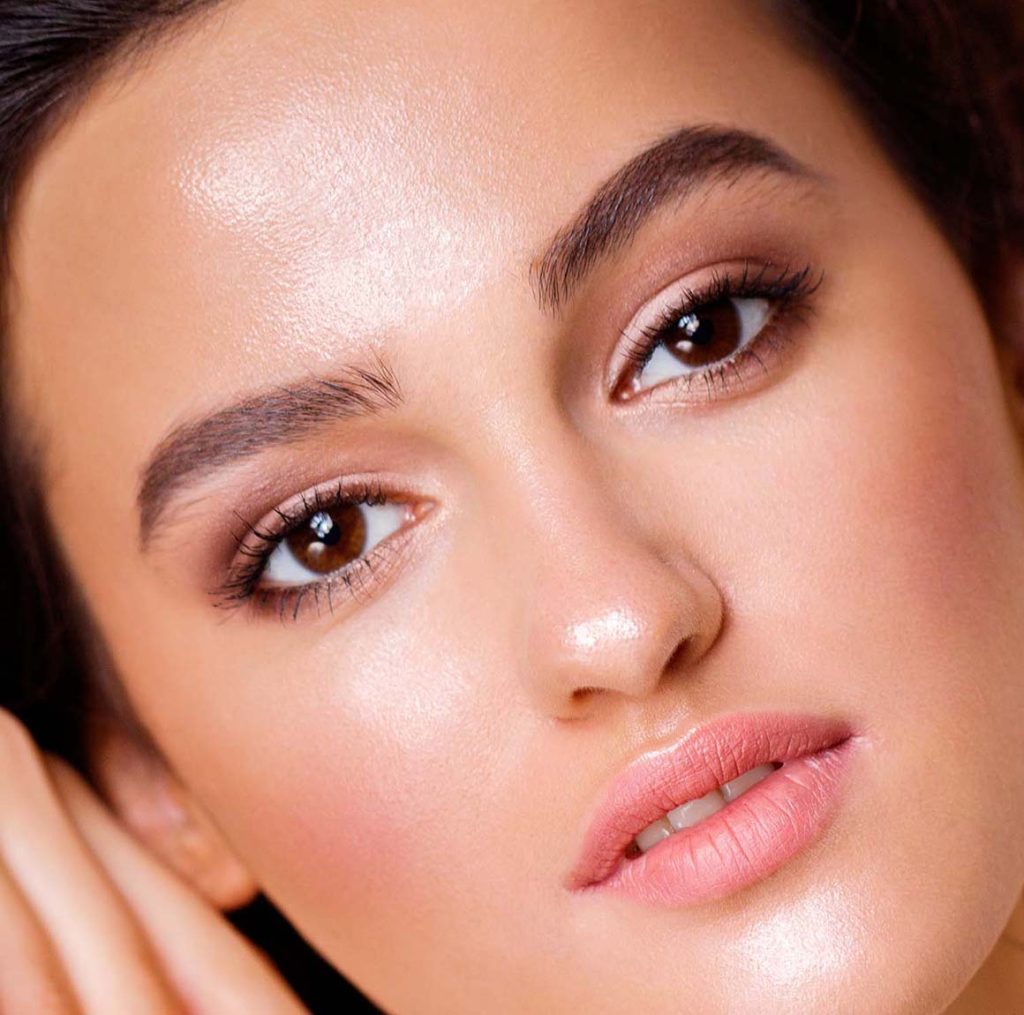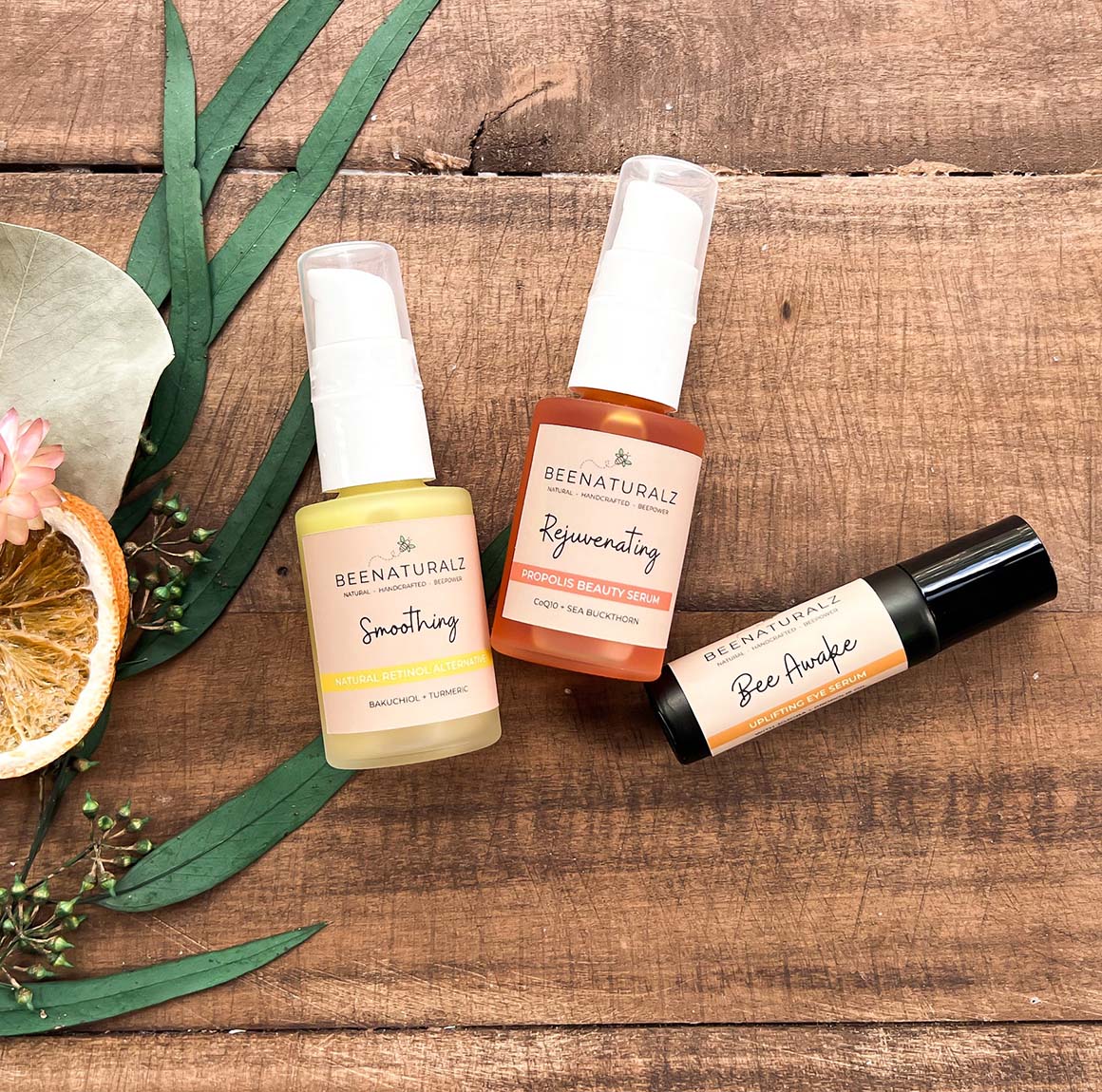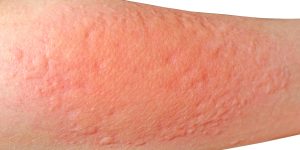When it comes to aging, everyone is on the quest for the secrets to maintaining youthful skin for as long as possible. Non-negotiable practices, such as wearing daily SPF, are widely endorsed for achieving optimal skin health and protection. However, a lingering question over the years has intrigued many: Does oily skin have the upper hand in the aging process compared to other skin types?
To unravel the truth, we sought insights from three seasoned board-certified dermatologists. Let’s delve into the findings and explore whether there’s any validity to the claims suggesting that oily skin might hold the key to avoiding wrinkles and other inevitable signs of aging.
Does Oily Skin Really Age Better?
The notion that oily skin ages more gracefully has circulated for quite some time, prompting curiosity and debate. To address this intriguing question, let’s delve into the scientific aspects and dermatological perspectives surrounding the aging process of oily skin.
The Science Behind Oily Skin:
Oily skin is characterized by increased sebum production. Sebum, the skin’s natural oil, plays a crucial role in maintaining hydration and protecting against external elements. The abundance of sebum in oily skin raises questions about whether this natural moisturizing factor contributes to a more youthful appearance.
Myth or Reality: Examining Oily Skin Aging Claims:
Numerous studies have attempted to shed light on the relationship between oily skin and aging. Dermatologists provide valuable insights into whether oily skin truly possesses inherent advantages in the battle against aging. By analyzing available research and professional opinions, we can gain a better understanding of the veracity of these claims.

The Impact of Sebum on Wrinkle Formation:
One aspect under scrutiny is the potential impact of sebum on wrinkle formation. Could the moisturizing properties of sebum contribute to a more supple and youthful complexion? Dermatologists weigh in on the role of hydration in preventing the development of wrinkles and fine lines.
Oily Skin and Collagen Production:
Collagen, a protein crucial for skin elasticity, is another factor influencing the aging process. Does oily skin have a unique relationship with collagen production? Dermatologists offer insights into how collagen synthesis in oily skin may affect firmness and elasticity.
Skincare Routines for Oily Skin and Anti-Aging:
Practical advice from dermatologists becomes crucial in understanding how individuals with oily skin can tailor their skincare routines to address aging concerns. Recommendations for specific ingredients and products can empower those with oily skin to proactively care for their skin.
What Else Impacts Skin Aging?
Beyond the oily skin debate, various factors contribute to the overall aging process. Environmental influences, lifestyle choices, genetic predispositions, and the use of effective skincare ingredients all play roles in determining how our skin ages.
The Final Takeaway:
As we unravel the complexities surrounding oily skin and aging, it’s essential to maintain a balanced perspective. While certain qualities of oily skin may offer advantages, individualized skincare approaches and a holistic understanding of aging contribute significantly to achieving optimal skin health.
The relationship between oily skin and aging is nuanced, influenced by various factors. Dermatologists underscore the importance of tailored skincare routines and consultations for personalized advice on maintaining youthful skin.

Product Recommendation:
For a balanced skincare routine catering to oily skin’s unique needs, consider incorporating [YouthfulGlow Serum]. Dermatologist-approved, this serum combines hydration with antioxidants, providing comprehensive care for youthful-looking skin. Find it on [HealthySkin.com].
What Else Impacts Skin Aging?
Environmental Factors:
- Brief discussion of the impact of environmental factors on skin aging.
- Quick advice from dermatologists on protecting the skin from environmental damage.
Lifestyle Choices:
- Short examination of how lifestyle choices influence skin aging.
- Brief mention of dermatologist-endorsed lifestyle changes for skin health.
Genetics and Aging:
- Quick exploration of the role of genetics in skin aging.
- Brief mention of dermatological insights on genetic factors and aging.
Skincare Ingredients to Combat Aging:
- Short analysis of effective anti-aging ingredients, such as retinoids and antioxidants.
- Brief mention of dermatologist recommendations for incorporating these ingredients.
The Final Takeaway
As we unravel the complexities surrounding oily skin and aging, it’s essential to maintain a balanced perspective. While certain qualities of oily skin may offer advantages, individualized skincare approaches and a holistic understanding of aging contribute significantly to achieving optimal skin health.
The relationship between oily skin and aging is nuanced, influenced by various factors. Dermatologists underscore the importance of tailored skincare routines and consultations for personalized advice on maintaining youthful skin.












+ There are no comments
Add yours